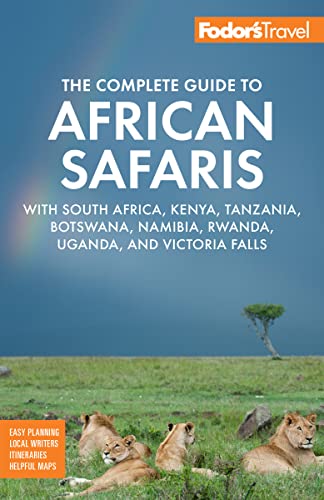Health and Safety
Malaria is endemic in the east, north, and northeast, so antimalarials are essential. Never venture into the desert without water, a sun hat, and sunblock. AIDS is a major problem, as elsewhere in Africa; sex with a stranger puts you at risk. In towns, don't walk alone at night, and lock your valuables, documents, and cash in the hotel or lodge safe. In game areas, never walk after dark unless accompanied by an armed guide. Because there’s comparatively little traffic, self-driving visitors are often tempted to speed. Don't. Gravel roads can be treacherous.
Be sure you have comprehensive medical insurance before you leave home. There's a high standard of medical care in Namibia. Consult your hotel or the white pages of the telephone directory under medical practitioners. If you get sick, go to a private clinic rather than a government-run one.
Windhoek and Otjiwarongo have excellent private clinics. Both cities have a Medi-Clinic, and Windhoek has the Roman Catholic Hospital.
Embassies
U.S. Embassy. 14 Lossen St., Windhoek, Khomas. 061/295–8500; windhoek.usembassy.gov.
Emergency Services
International SOS. 112; 061/128–5501; 064/463–676; 064/400–700; 081/128–5501; www.internationalsos.com.
Netcare 911. 061/223–330; www.medpages.co.za.
Hospitals
Medi-Clinic. corner of Heliodoor and Eros sts., Eros Park, Windhoek, Khomas. 061/433–1000.
Medi-Clinic. Franziska van Neel Street, Swakopmund, Erongo. 064/441–220.
Medi-Clinic. Sonn St., Otjiwarongo, Otjozondjupa. 067/303–734; 065/130–3734.
Roman Catholic Hospital. 92 Karl Werner List St., Windhoek, Khomas. 061/270–2004; www.rcchurch.na.




